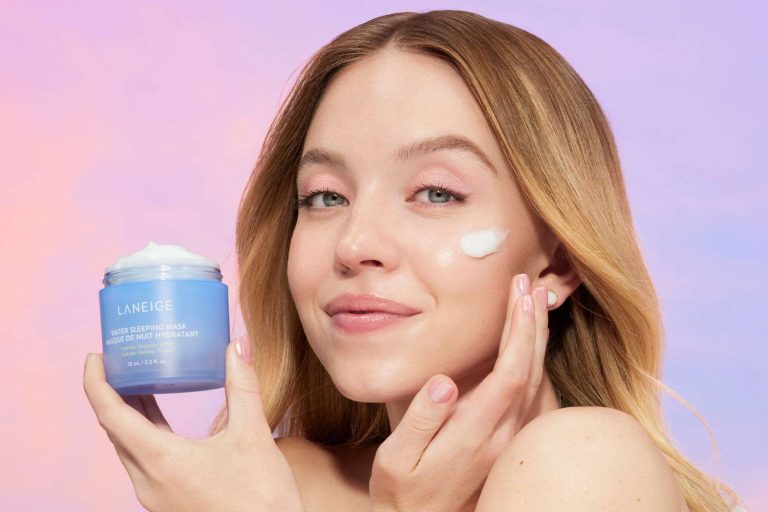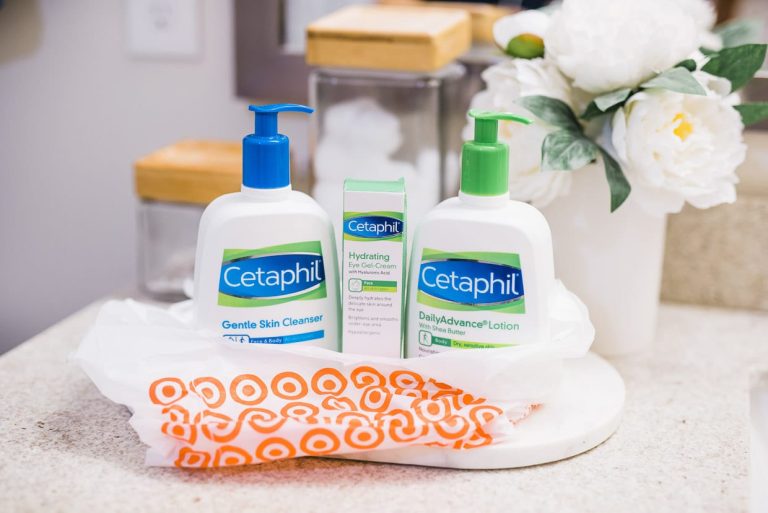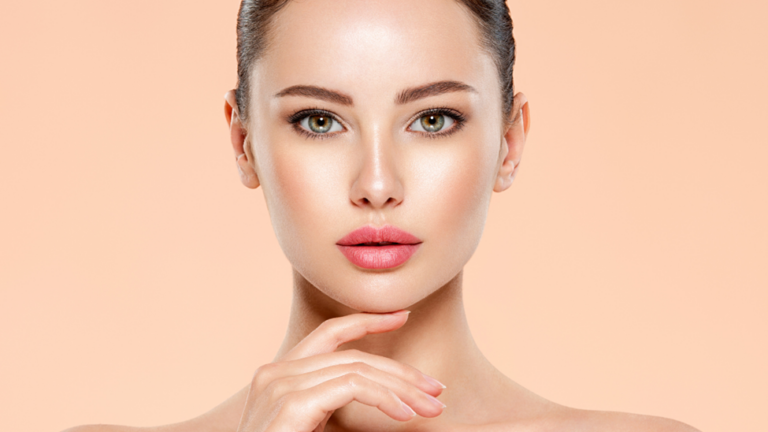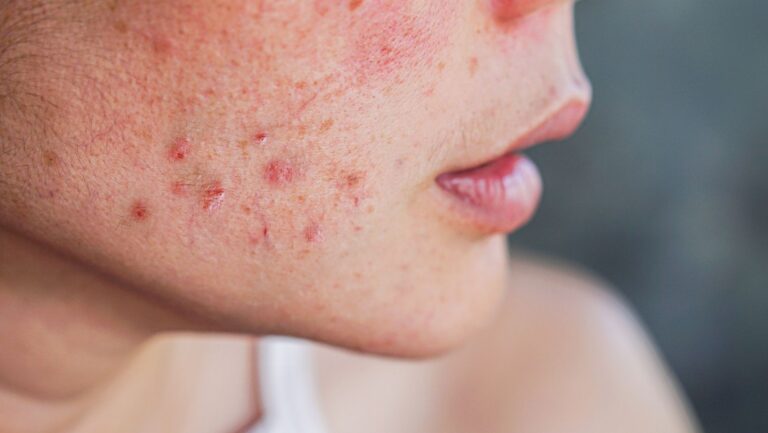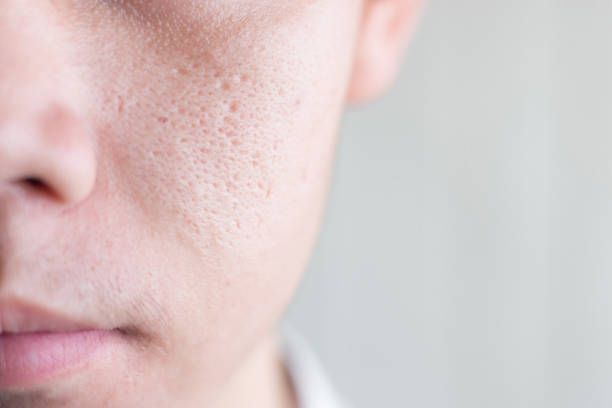Does CeraVe Moisturizing Cream Cause Acne?
CeraVe Moisturizing Cream has become one of the most popular daily moisturizers on the market. As this thick, creamy moisturizer has gained devotees for its ability to make skin smooth, soft and hydrated, a common question has surfaced: does CeraVe Moisturizing Cream cause acne?
As someone prone to breakouts myself, I know how frustrating it can be to find a moisturizer that hydrates without clogging pores. In this article, I’ll take a close look at the ingredients and benefits of CeraVe Moisturizing Cream to determine if it’s likely to cause acne for prone skin types.
A Closer Look at CeraVe Moisturizing Cream
Contents
- A Closer Look at CeraVe Moisturizing Cream
- How Does CeraVe Moisturizing Cream Work?
- Does CeraVe Moisturizing Cream Cause Acne Breakouts?
- Who is CeraVe Moisturizing Cream Good For?
- What If CeraVe Moisturizing Cream Causes Breakouts? Alternatives to Try
- Key Takeaways: Does CeraVe Moisturizing Cream Cause Acne?
First, let’s start with an overview of CeraVe Moisturizing Cream and who it was formulated for.
CeraVe Moisturizing Cream was developed with dermatologists to repair and strengthen the skin barrier. It contains three essential ceramides (1, 3 and 6-II) to help restore the skin’s natural moisture barrier.
It also includes hyaluronic acid to attract and retain moisture, niacinamide to calm inflammation, and several other hydrating ingredients like glycerin and petrolatum to seal in moisture. The formula is fragrance-free and non-comedogenic.
CeraVe Moisturizing Cream is ideal for those with:
- Dry, flaky skin
- Rough skin texture
- Conditions like eczema, psoriasis
- Sensitive skin
- Skin barrier damage
- A need for intense hydration
It provides intense moisturization without clogging pores, and can be used on the face and body. It is appropriate for all skin types.
How Does CeraVe Moisturizing Cream Work?
The key ingredients in CeraVe Moisturizing Cream work together to repair the skin barrier, seal in moisture, calm inflammation and deeply hydrate the skin.
Here’s a breakdown of how the main ingredients benefit your skin:
- Ceramides – Ceramides 1, 3 and 6-II help restore the skin’s natural barrier and seal in moisture to prevent water loss.
- Hyaluronic Acid – This ingredient is known for its ability to attract and bind moisture. It pulls moisture from the environment into the skin and retains it.
- Niacinamide – Also known as vitamin B3, niacinamide helps calm inflammation and reduce redness. This can help decrease acne breakouts.
- Petrolatum – Petrolatum has occlusive properties that seal in moisture to prevent transepidermal water loss. This helps keep skin hydrated.
- Dimethicone – Dimethicone forms a protective barrier on the skin, sealing in moisture and preventing excessive water loss.
- Glycerin – Glycerin is a humectant that draws moisture into the skin and adds hydration.
- Purified Water – The water base helps deliver these nourishing ingredients into the skin.
By repairing your moisture barrier, reducing inflammation, and flooding your skin with hydration, CeraVe Moisturizing Cream helps improve skin texture, dryness, firmness and hydration levels.
Does CeraVe Moisturizing Cream Cause Acne Breakouts?
Now let’s get to the million dollar question: is CeraVe Moisturizing Cream going to clog your pores and cause acne?
The short answer is: it’s not likely to cause breakouts for most people.
Here’s why:
- It’s oil-free and non-comedogenic – CeraVe Moisturizing Cream is formulated to not clog pores. Non-comedogenic products are tested and proven not to clog pores or cause acne.
- It contains acne-fighting ingredients – With niacinamide and ceramides, this moisturizer contains ingredients that actually help fight acne.
However, there are a few caveats:
- There is always a slight risk of an adverse reaction. Even non-comedogenic products can cause breakouts for some people based on their skin chemistry.
- It contains fatty alcohols like cetearyl and cetyl alcohol. These ingredients occasionally cause breakouts, although they are non-comedogenic.
- Some people experience “purging” – a temporary increase in acne as clogged pores and impurities rise to the surface. This normally improves skin over time.
So while CeraVe Moisturizing Cream is not likely to cause acne based on its non-comedogenic formula, those prone to clogged pores may want to exercise some caution and patch test first.
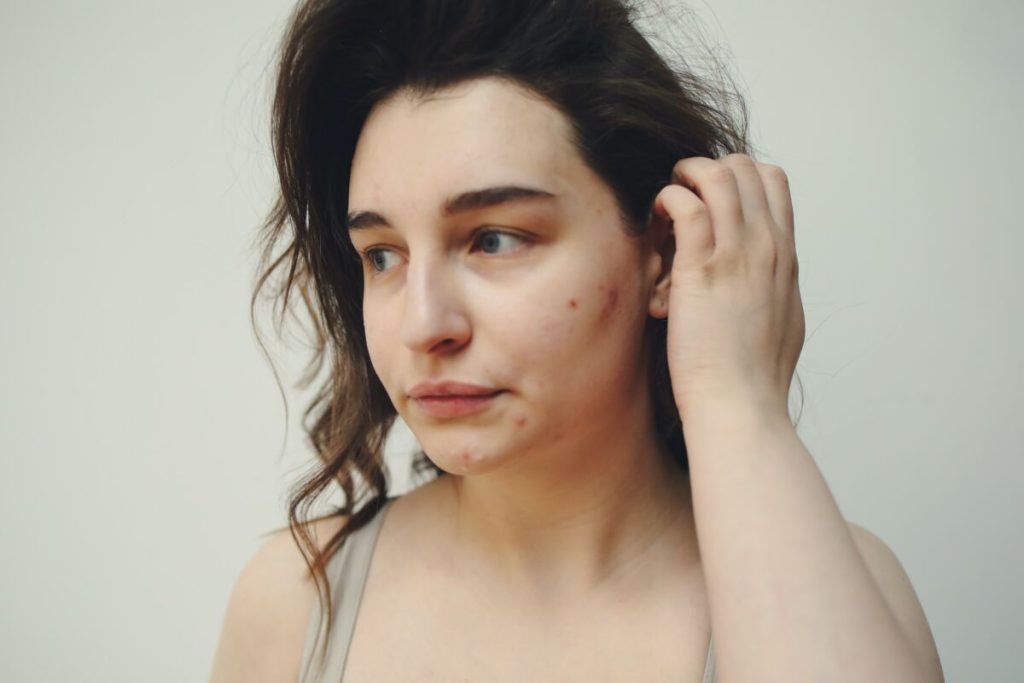
Who is CeraVe Moisturizing Cream Good For?
While anyone can benefit from strengthening their skin barrier with CeraVe Moisturizing Cream, it’s especially ideal for those with:
- Very dry, flaky skin – The rich creamy texture hydrates cracked, excessively dry skin without irritation. The ceramides help repair the damaged barrier causing moisture loss.
- Skin conditions like eczema and psoriasis – By calming inflammation, reducing redness, intensively hydrating and repairing the skin barrier, CeraVe Moisturizing Cream helps manage dryness associated with eczema, psoriasis and related skin conditions.
- Sensitive skin – The fragrance-free, non-irritating formula calms and hydrates sensitive skin prone to reactions. The ceramides help strengthen sensitive skin.
- Acne-prone skin – As long as it doesn’t clog your pores, CeraVe Moisturizing Cream provides essential ceramides and niacinamide to help treat acne without drying out your skin.
- A need for intense hydration – If your skin is severely dry and flaky, CeraVe Moisturizing Cream provides intense moisturization through a blend of humectants and emollients.
- Oily skin – Contrary to popular belief, even oily skin needs moisture. CeraVe Moisturizing Cream provides hydration without adding excess oil.
- Skin damaged by medications, anti-aging treatments – If your moisture barrier is compromised by acne medications like retinoids or chemical peels, CeraVe Moisturizing Cream helps repair and restore your skin.
CeraVe Moisturizing Cream provides intense hydration for almost any skin type without clogging pores. It can be used both day and night.
What If CeraVe Moisturizing Cream Causes Breakouts? Alternatives to Try
If you try CeraVe Moisturizing Cream and start to notice increased blackheads, whiteheads, pimples or other breakouts, don’t lose hope!
There are a few easy fixes and alternative moisturizers to try:
- Use CeraVe Daily Moisturizing Lotion – Try the lighter, less creamy lotion version which has a similar formula without the thick texture.
- Switch to a gel moisturizer – Gel moisturizers are lighter in texture and less likely to clog pores for acne-prone skin. Some options are Neutrogena Hydro Boost or Versed Dew Point Moisturizing Gel Cream.
- Spot treat with benzoyl peroxide or salicylic acid – Continue using CeraVe for hydration, but spot treat blemishes with over-the-counter acne fighting ingredients.
- Look for oil-free moisturizers – Try oil-free products like Cetaphil Daily Facial Moisturizer or Clinique Dramatically Different Moisturizing Gel.
- Avoid products with fatty alcohols – Some skins don’t tolerate ingredients like cetyl, stearyl and cetearyl alcohol which are in CeraVe.
If CeraVe Moisturizing Cream causes breakouts, try these tips before abandoning it completely. You may be able to adjust your regimen to reap its benefits for hydration while keeping acne at bay.
Key Takeaways: Does CeraVe Moisturizing Cream Cause Acne?
To wrap up, here are the key takeaways on whether CeraVe Moisturizing Cream clogs pores and causes breakouts:
- CeraVe Moisturizing Cream is formulated to be non-comedogenic and not clog pores. However, individual results may vary.
- The rich formula hydrates skin intensely by strengthening the moisture barrier, attracting/sealing in moisture and reducing inflammation.
- Those with acne-prone skin may want to patch test first, as some react to fatty alcohols and “purge” from the niacinamide.
- Discontinue use if you experience increased breakouts, whiteheads or clogged pores. Switch to lighter gel moisturizers.
- CeraVe Moisturizing Cream is ideal for severely dry skin, eczema, psoriasis and conditions causing skin damage and moisture loss.
While deemed non-comedogenic, CeraVe Moisturizing Cream has the potential to clog pores for some acne-prone individuals. Pay attention to any increased breakouts after use. With the right regimen adjustments, you may still be able to incorporate this nourishing cream.
I hope this article helps you decide whether to add CeraVe Moisturizing Cream to your skincare routine! Let me know if you have any other questions.

Founded by Sophia Rodriguez, IGXO Cosmetics is a PETA-certified, cruelty-free, and vegan makeup brand.

